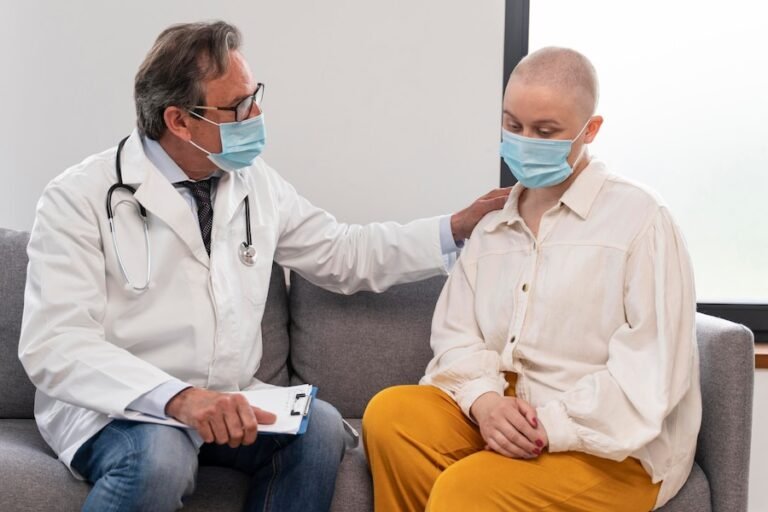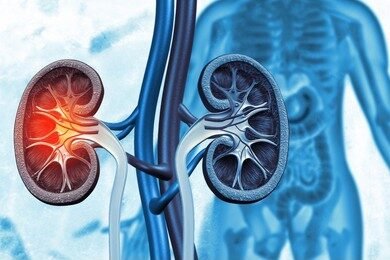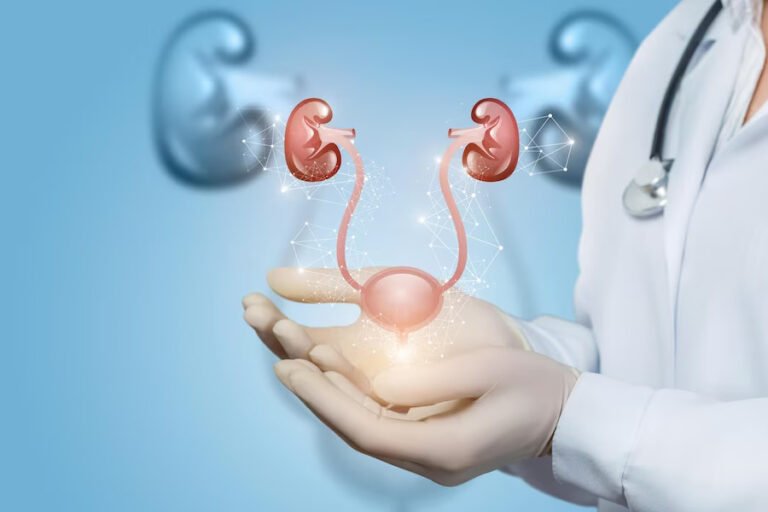How to Prepare for Prostate Cancer Surgery in Ashok Vihar
Prostate cancer is one of the most common cancers affecting men, particularly as they age. If you or a loved one has been diagnosed with prostate cancer, surgery may be recommended as part of the treatment plan. Prostate Cancer Surgery in Ashok Vihar can be a daunting experience, but with the right preparation, you can approach the procedure with greater confidence and ease. This guide will help you understand the key steps to prepare for prostate cancer surgery and ensure a smoother recovery process.
1. Understanding Prostate Cancer Surgery
Before diving into the preparation, it’s essential to understand what prostate cancer surgery involves. The most common surgical procedure for prostate cancer is a radical prostatectomy, where the surgeon removes the prostate gland, surrounding tissues, and sometimes lymph nodes to eliminate the cancerous cells. Depending on the stage and extent of your cancer, the procedure can be performed via open surgery, laparoscopic surgery, or robot-assisted surgery. Your surgeon will discuss the most appropriate method for your situation.
2. Consult with Your Medical Team
The first step in preparing for surgery is to have an open conversation with your healthcare team. Your urologist, oncologist, and surgeon will be able to answer your questions, provide detailed information about the surgery, and offer guidance on what to expect before, during, and after the procedure. Make sure to ask about potential side effects, recovery timelines, and how the surgery might impact your daily life.
During these consultations, it’s crucial to disclose any medications you are taking, as well as any pre-existing conditions you may have. Certain medications, such as blood thinners, may need to be paused before surgery to reduce the risk of complications. Your medical team will give you specific instructions on managing your medications in the lead-up to the surgery.
3. Pre-Surgical Tests and Assessments
Before the surgery, you will likely need to undergo a series of pre-surgical tests to ensure that you are physically prepared for the procedure. These tests may include blood tests, a chest X-ray, an electrocardiogram (ECG), and other assessments to evaluate your overall health and detect any underlying issues that could affect the surgery.
It’s important to attend all pre-surgical appointments and follow the instructions provided by your medical team. These assessments will help your surgeon create a tailored surgical plan and ensure that any potential risks are identified and managed early on.
4. Prepare for the Hospital Stay
Prostate cancer surgery typically requires a hospital stay of a few days, depending on the complexity of the surgery and your recovery progress. It’s helpful to pack a bag with all the essentials you’ll need during your hospital stay. These essentials may include:
- Comfortable, loose-fitting clothing
- Personal hygiene items such as toothbrush, toothpaste, and soap
- Any medications you regularly take
- Reading materials or entertainment (books, magazines, tablet)
Be sure to ask your hospital what items are permitted and what might be provided during your stay.
5. Follow Pre-Surgery Instructions
Your medical team will provide you with detailed pre-surgery instructions to follow in the days leading up to the procedure. These instructions may include dietary restrictions, such as fasting the night before surgery, and guidelines for taking your medications.
It’s essential to follow these instructions closely to ensure that your surgery goes smoothly. Failure to adhere to pre-surgical guidelines could result in complications or delays in your surgery.
6. Mental and Emotional Preparation
Preparing for Prostate Cancer Surgery in Ashok Vihar isn’t just about the physical aspects; it’s also about mental and emotional readiness. It’s natural to feel anxious or overwhelmed before a major surgery, but taking steps to manage your stress can improve your overall experience.
Consider practicing relaxation techniques, such as deep breathing exercises, meditation, or mindfulness, to calm your nerves before the surgery. Some patients find it helpful to speak with a counselor or join a support group where they can connect with others who have gone through similar experiences.
Having a strong support system of family and friends can also be incredibly valuable. Don’t hesitate to lean on your loved ones for emotional support and assistance during this time.
7. Post-Surgery Care and Recovery
Understanding the recovery process is a key part of preparing for Prostate Cancer Surgery in Ashok Vihar. After the surgery, you will likely experience some discomfort, and there will be a recovery period during which you’ll need to take extra care of yourself.
Your healthcare team will provide you with specific instructions on how to care for your surgical site, manage pain, and avoid infections. It’s crucial to follow these guidelines carefully to promote healing and reduce the risk of complications.
You may also need to make temporary lifestyle adjustments, such as limiting physical activity and avoiding heavy lifting, to allow your body to heal properly. Most patients can expect to resume normal activities within four to six weeks, though recovery times can vary depending on the individual.
8. Addressing Potential Side Effects
Prostate cancer surgery can come with potential side effects, including urinary incontinence and erectile dysfunction. It’s essential to discuss these potential outcomes with your surgeon before the procedure so that you have realistic expectations and can explore available treatment options.
Your medical team may recommend pelvic floor exercises or other therapies to help manage urinary incontinence. Additionally, medications or other treatments may be available to address erectile dysfunction.
9. Plan for Follow-Up Care
Finally, post-surgery care doesn’t end once you leave the hospital. Follow-up appointments with your surgeon and oncologist are essential to monitor your recovery and ensure that the cancer has been effectively treated.
During these appointments, your medical team will assess your healing progress, address any lingering side effects, and determine if any additional treatments, such as radiation or hormone therapy, are necessary. Staying committed to your follow-up care is crucial for long-term health and well-being.
Conclusion
Preparing for Prostate Cancer Surgery in Ashok Vihar can be a challenging experience, but taking the right steps ahead of time can make the process smoother and more manageable. You can confidently approach your surgery by working closely with your healthcare team, following pre-surgical instructions, and addressing both physical and emotional needs. At Ummeed Urology and Gynecology, we support our patients at every step, from diagnosis to recovery.







